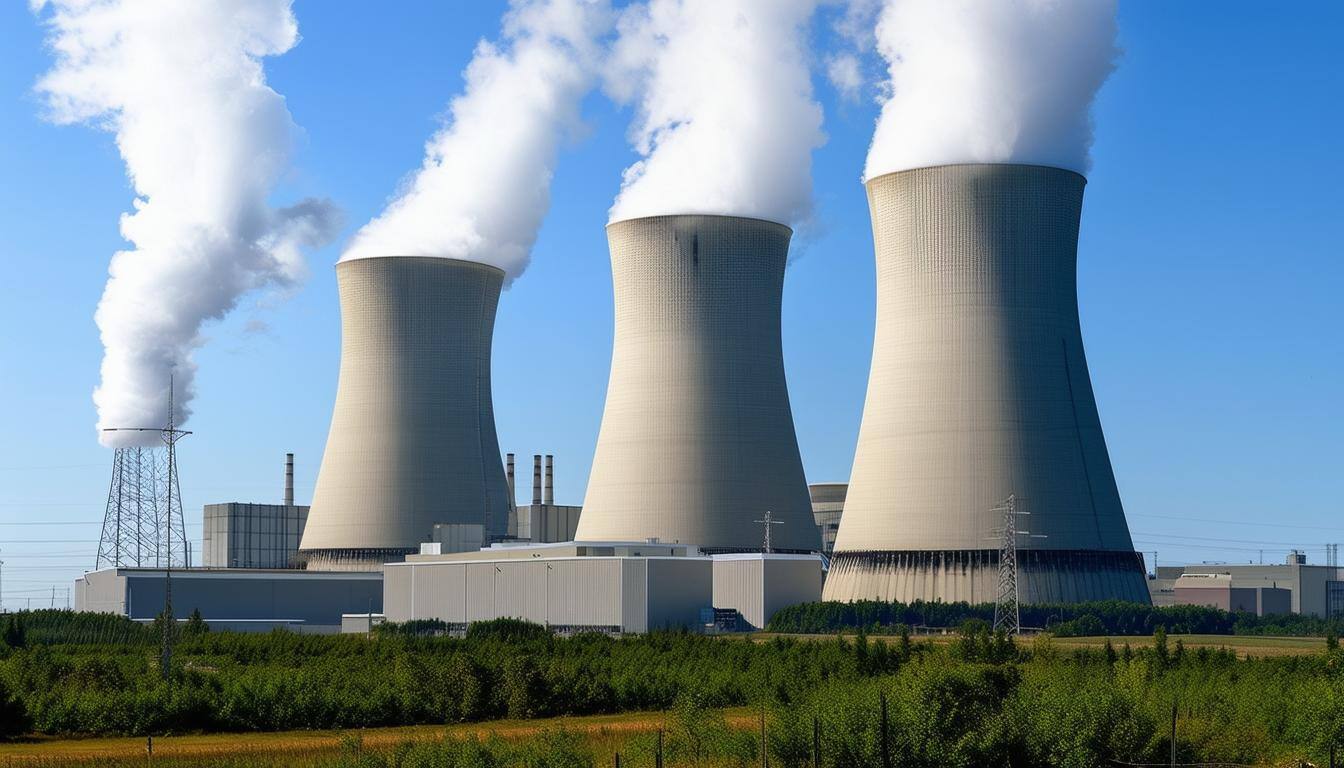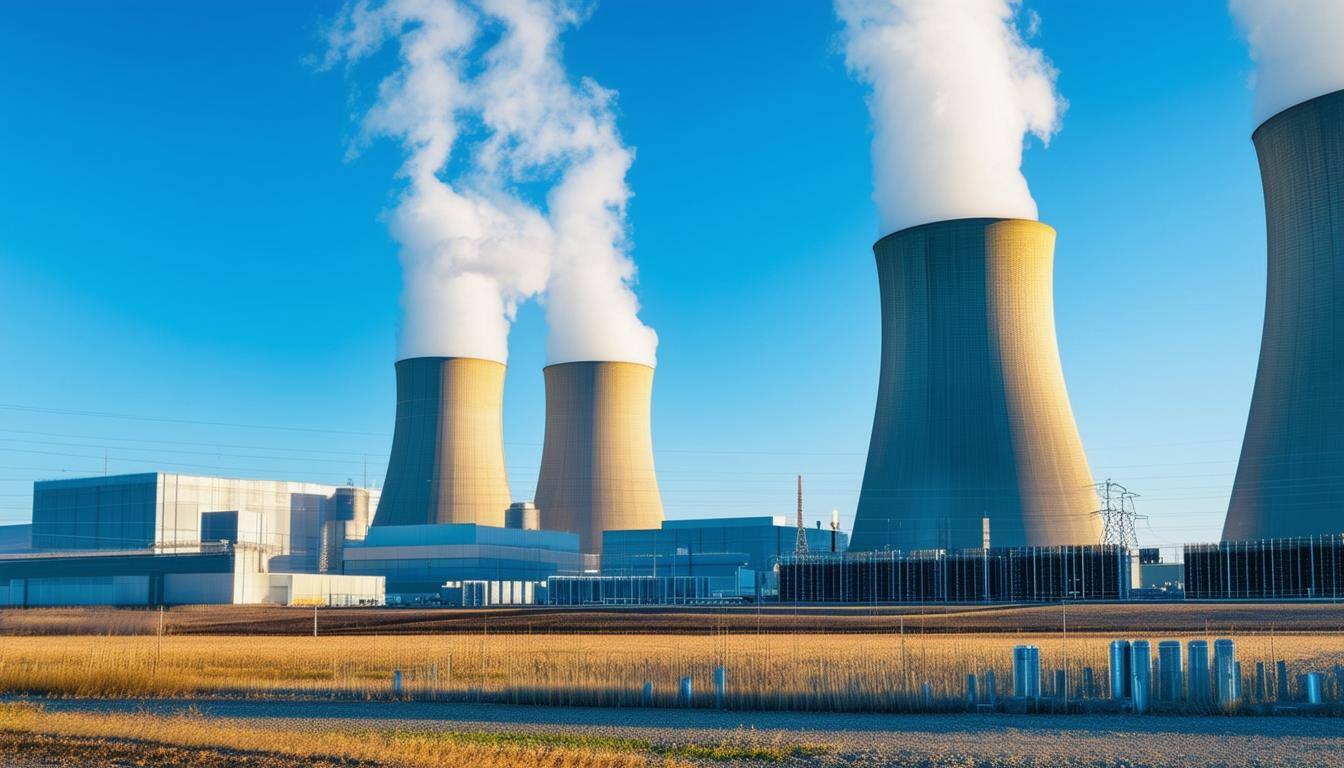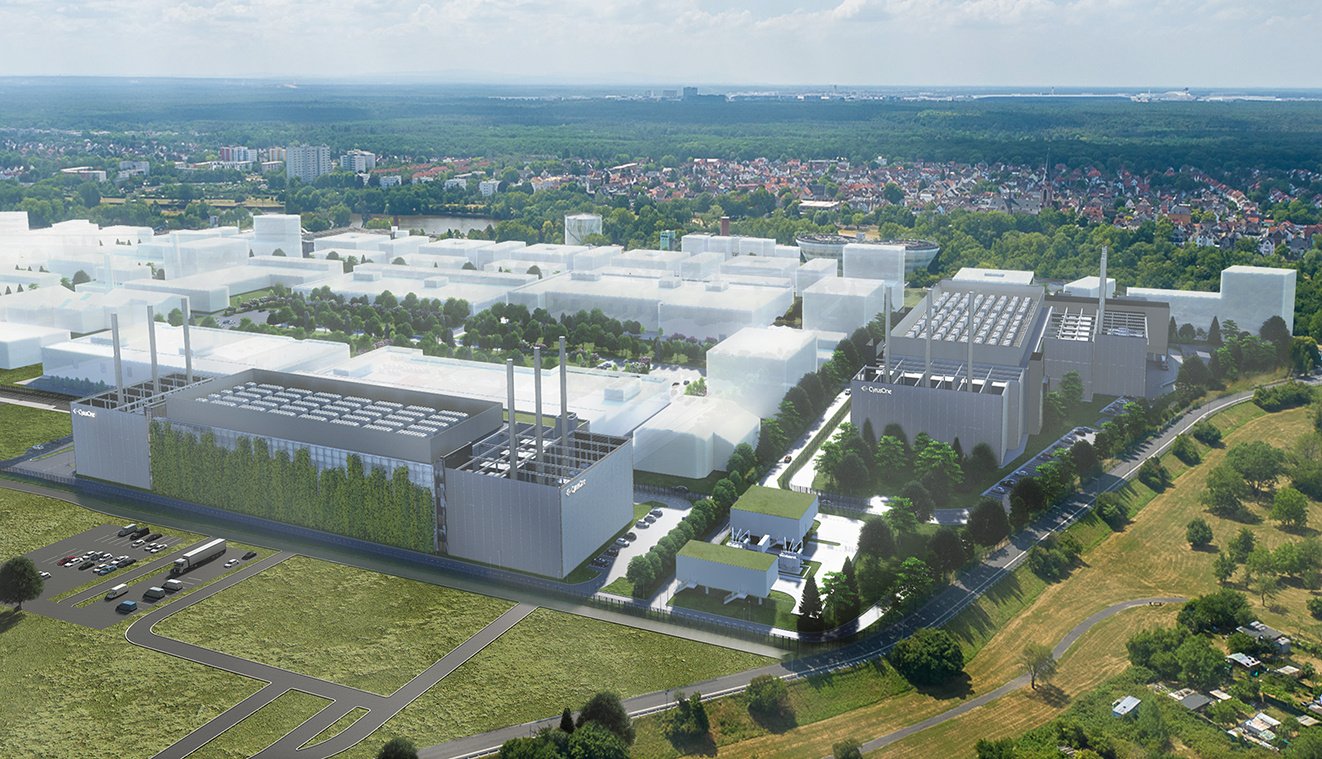As demand for data processing and storage continues to increase, the data center industry and power suppliers face mounting challenges in meeting energy needs while maintaining sustainability goals. As discussed in our previous blog post, Small Modular Reactors (SMRs) present a promising solution for data center developers.
Benefits of Nuclear Power for Data Centers
Reliable and Stable Power Supply
- Nuclear power provides consistent and reliable energy, critical for data centers requiring uninterrupted operation
- Unlike solar and wind power, SMRs operate independently of weather conditions, ensuring steady power delivery
Environmental and Operational Advantages
- Zero carbon dioxide emissions during operation, supporting global sustainability goals
- High energy density allows massive power generation from minimal fuel input
- Modular design enables efficient construction and simple capacity expansion
- On-site installation reduces transmission infrastructure needs and eliminates dependency on local energy authorities
Support and Development of SMR Technology
While SMR vendors anticipate commercial availability in the late 2020s to early 2030s, significant development continues:
- The U.S. Department of Energy has launched a $900 million initiative to accelerate next-generation light-water SMR deployment
- DOE projections indicate a need for 700-900 GW of additional clean capacity to achieve net-zero emissions by 2050
- The European Parliament supports SMRs through the European Industrial Alliance on SMRs, targeting early 2030s deployment
Regional Variations
Germany presents a unique case: Despite being a major data centre hub, strong anti-nuclear sentiment makes SMR development unlikely. The country's decommissioning of its last nuclear plants in 2023 reflects deep-rooted political resistance, suggesting German data centres will need to explore alternative low-carbon solutions.
Industry Focus Areas
The data center industry is actively working to accelerate SMR adoption through:
- Collaboration with nuclear experts
- Regulatory advocacy
- Research and development investments
- Public awareness and education
- Alignment of SMRs with sustainability goals
Conclusion
While challenges remain, nuclear power integration through SMRs offers the data center industry a compelling path toward sustainable and reliable energy resources. The combination of low carbon emissions, high energy density, and scalability makes nuclear power particularly attractive for meeting growing energy demands. As technology advances and regulatory frameworks evolve, safe, environmentally friendly nuclear-powered data centers could become a reality in the near future.
Summary
- Significant energy generation from minimal fuel consumption, making them highly efficient for large-scale data center operations
- Minimal carbon emissions, aligning with industry sustainability initiatives and environmental regulations
- A reliable and stable energy source that can meet growing data processing demands
 by
by 


